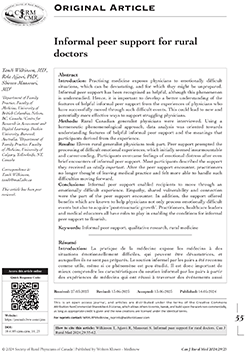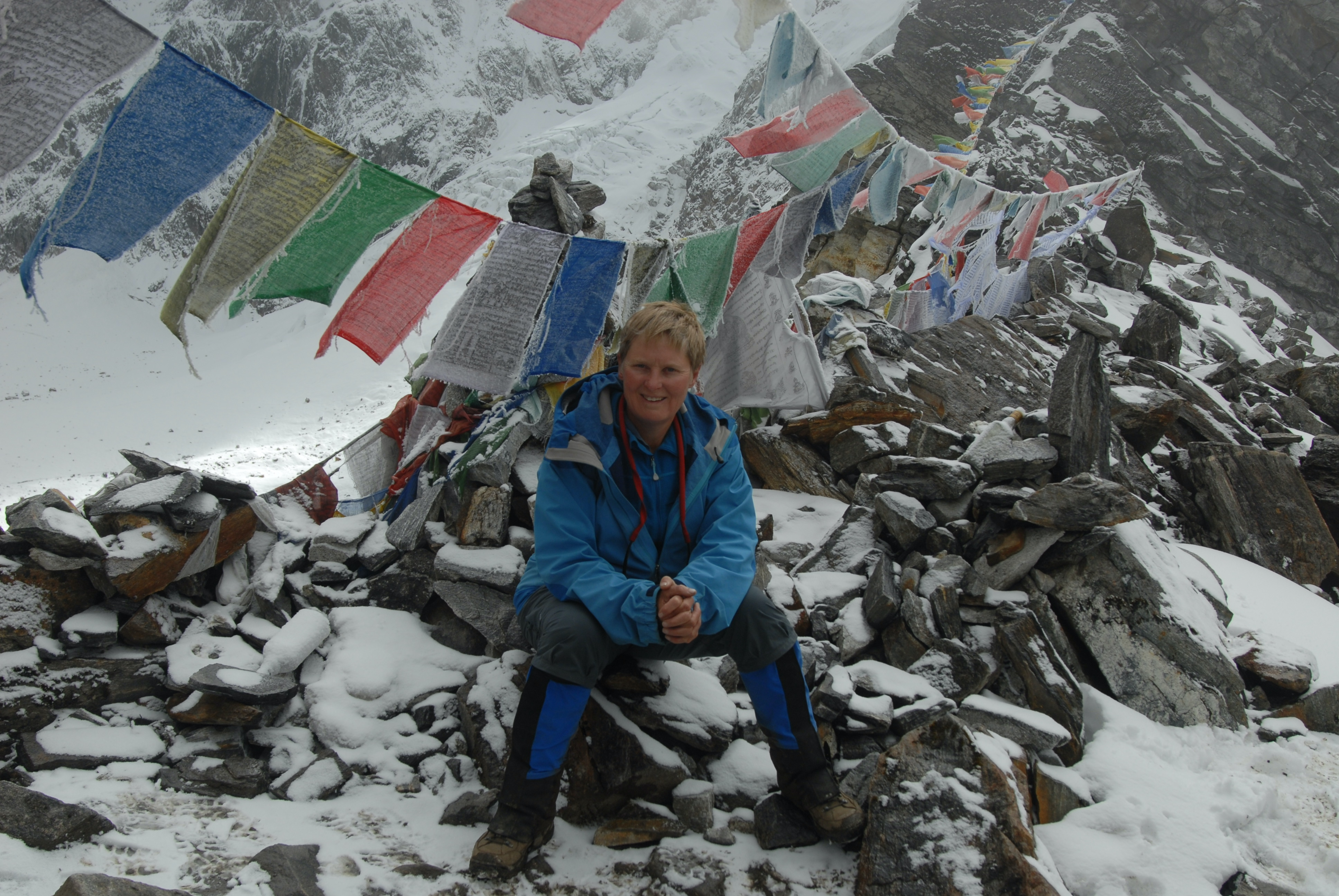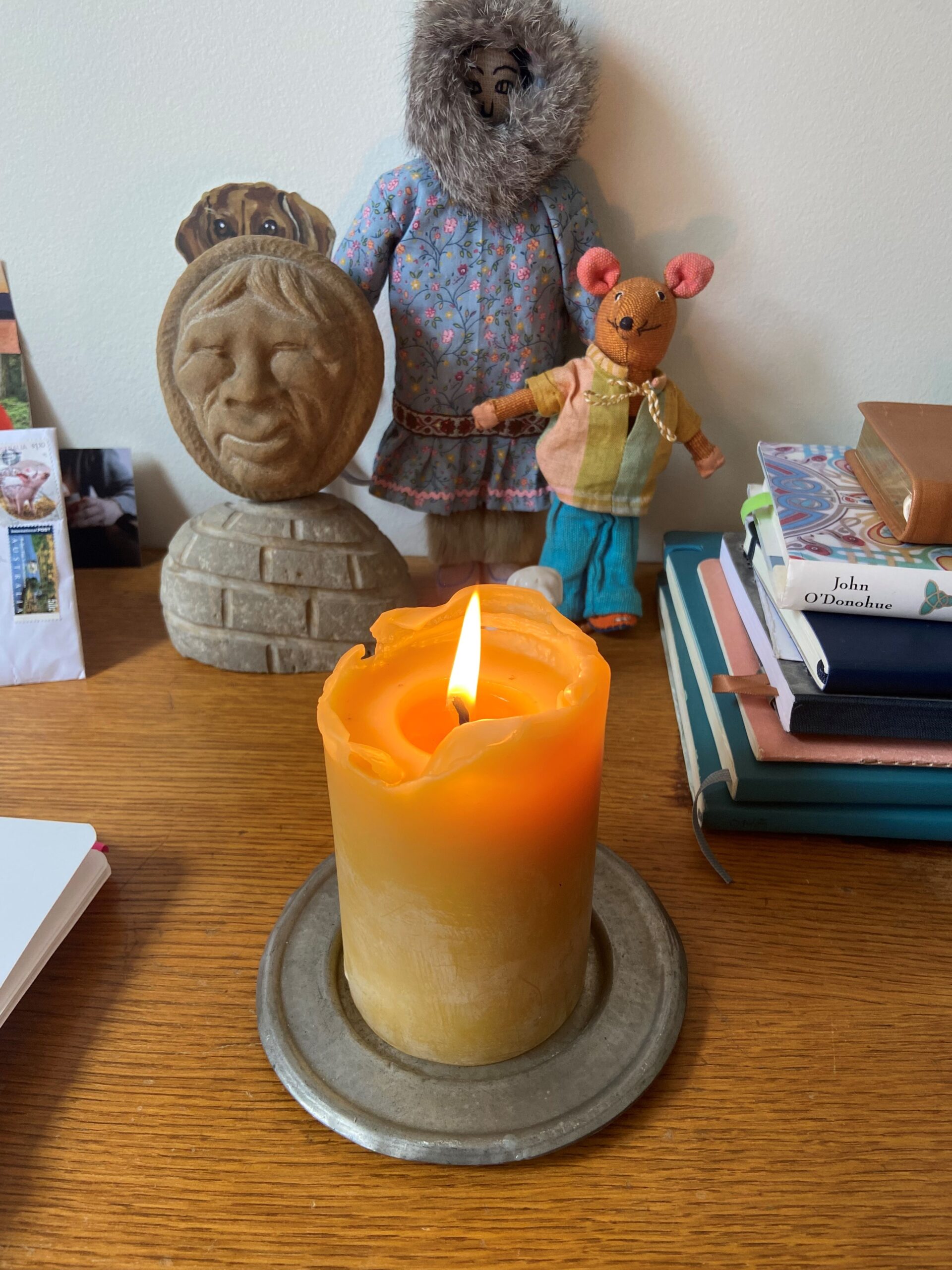“Let the beauty you love be what you do.There are many ways to kneel and kiss the ground.” – Rumi
What is the beauty you love in your work?
The need for Thriving
There’s often a poverty of thinking in our medical culture and, at times, a poverty of humanity in our work. We feel like we don’t know enough, don’t have the time we need to do our jobs, and that we can’t afford the time needed to recharge ourselves. The bureaucratic pressures of medical practice take us away from the bedside—the place where we connect with our patients as people, have our biggest impact, and see the value of what we do.
The Thriving Project suggests that we expand our vision of how our work could be. What if, instead of merely surviving, we were thriving in our work? Why do we need to just get by? What if we change our focus and find new ways of being at work that take us in the direction of thriving?
While it’s hard to imagine thriving during the current healthcare crisis, it’s certainly possible to take steps in that direction. A number of small steps can lead to big changes in how we experience our work.
The Thriving Project aims to shift our well-being and that of our medical culture so we can feel more fully supported by:
- Facilitating access to wellness-related education and experiences that support rural practitioners. These experiences are readily available in your community or online based on an understanding of the complexity of rural medicine. They leverage our caring and humanity and draw upon the wealth of wisdom we already have.
- Creating opportunities for you to meet with like-minded colleagues in safe spaces, where we have time to connect about what really matters.
 Thriving Together Wellness Conversation Series
Thriving Together Wellness Conversation Series
Attend the next ‘Thriving Together’ session

 Conversations That Matter Workshop
Conversations That Matter Workshop
Attend the next ‘Conversations That Matter Workshop’ session
Informal peer support for rural doctors in Canadian Journal of Rural Medicine
Authors: Tandi Wilkinson, Rola Ajjawi, Shireen Mansouri
Publication date: May 2024
Informal peer support enabled recipients to move through an emotionally difficult experience. Empathy, shared vulnerability and connection were the part of the peer support encounter. In addition, the support offered benefits which are known to help physicians not only process emotionally difficult events but also to acquire ‘post‑traumatic growth’. Practitioners, healthcare leaders and medical educators all have roles to play in enabling the conditions for informal peer support to flourish.
Read our Notes on Thriving stories
Past Thriving related events
| Date | Speaker(s) | Topic |
|---|---|---|
|
7 Feb 2024 |
Dr. Tandi Wilkinson This event is in partnership with UBC CPD and UBC Postgraduate Medical Education |
Figuring it Out — How I am Finding Work-life Balance View recording |
|
16 May 2024 |
Dr. Tandi Wilkinson This event is in partnership with UBC CPD |
Rural Rounds – Doctor and Friend: Navigating Care Boundaries in the Rural Setting View recording |
|
23 Sept 2024 |
Dr. Trevor Janz |
Providers Thriving Together — Doing the Work You Love |
Resources from Thriving Together sessions
February 6, 2023 – Self compassion: Your (not so secret) superpower
General Self-Compassion
- The Science of Self-Compassion (talk by Kristin Neff)
- Kristin Neff’s Website
- Shireen’s Reflection on Self-Compassion
- Center for Mindful Self-Compassion
- Offers free guided meditations, as well as information on training opportunities to develop skills in Mindful Self Compassion
- https://centerformsc.org/
Imposter syndrome
Scientific Benefits of Self-Compassion
Rest as Resistance
March 6, 2023 – Healthcare is crashing! Relaxing into system change using the Two-Loop Model
Two Loop Model
The Two Loops Theory of organizational change is a model of change that tries to describe nonlinear emergent processes of change within complex organizations/systems. It is a model inspired by looking at the growth and decline cycle of living systems. As with all living systems they are born, they grow, peak and then start to decline, ie they have a lifecycle. This simple insight can turn out to be quite powerful and help us to avoid common pitfalls that stem from a linear mechanistic view of the world.
The Two Loops Model highlights how we need to look at both the growth and the decay sides of transformation.
Two Loop Model
The model describes the transition or process of nonlinear change from the old system to the new, using two “loops.” The first of these represents the growth and subsequent decline of the existing incumbent systems. The second loop represents the new emerging next generation of this system.
First Loop (Dominant System)
In this initial rise faze something is being brought into the world and it needs “stewarding”: leadership, new structures, resources, and fostering. With time, this system becomes the dominant mode of organization, the “establishment.” At the peak is often a false sense of permanence. As the system enters into decline what is now needed is hospicing. Hospicing capacity will be limited if the system is still in denial. Finally, when an organism or organization dies it needs to be decomposed, meaning that the resources that it contained for its operation need to be released back to the broader system for the generation of the new pattern.
The fulfillment of this process takes a great effort of leadership as it involves letting go of the past and giving over to the future system.
Second loop (Emerging System)
Sometime around the peak of the old system new alternatives to the dominant approach emerge, either from innovators or simply younger less conditioned generations. It is when the pioneers of the new innovations start to get connected to each other that they start to give rise to an alternative pattern. Networks form when people search for each other to meet their personal needs. At some point, there has to eventually form a coherent pattern of organization, which is bigger than any one person’s interests.
When participants trust and work together for a common cause this is where resources need to start to move from the old regime to nourish the new. The new finally becomes a system of influence.
The Berkana Institute describes their approach to developing the new as being about “naming, connecting, nourishing and illuminating”. They try to name the pioneers so as to make them identifiable; connect them so that they will become something more than their individual initiatives; nourish them by giving them the resources needed to develop; illuminate by showing to others that this represents a viable alternative.
Intersecting the Past and Future
There is a big gap between when the new system will be ready to support the operations of the organization and the disintegration of the old. The old system has amassed many stakeholders, along with significant resources and expertise. Some of the toughest, but most important transformational work involves the integration of the simultaneous living and dying that has to take place. It is as much about helping the existing system decay with dignity, as supporting the new.
Complexity arises at the intersection. Real meaningful and sustainable change is holistic; it means taking into account the two paradigms, where we recognize the interdependence between them. As Charles Leadbeater puts it “the future belongs to those who conserve old systems and combine them with new solutions, instead of just rushing along into the new.”
References
- 2020. Static1.Squarespace.Com. https://static1.squarespace.com/static/5a4ba182f9a61e9ef97e7680/t/5b7c3e726d2a734007fa0867/1534869128788/Berkana-Handout.pdf.
- SocialDesignSydney (2017). Designing systems change — Kerry Graham, Founder & Director of Collaboration for Impact. YouTube. Available at: https://www.youtube.com/watch?v=K0-476Ofg-k [Accessed 25 Aug. 2020].
- Agini, S. (2019). Jamie Dimon vs bitcoin vs JPMorgan: a timeline of tantrums. [online] Fnlondon.com. Available at: https://www.fnlondon.com/articles/jamie-dimon-vs-bitcoin-vs-jpmorgan-a-timeline-of-tantrums-20190215 [Accessed 25 Aug. 2020].
- Margaretwheatley.com. (2011). Margaret J. Wheatley: How Large-Scale Change Really Happens: Working with Emergence. [online] Available at: https://www.margaretwheatley.com/articles/largescalechange.html [Accessed 25 Aug. 2020].
- Leadbeater, C. (2018). VBQ Speakers. [online] VBQ Speakers. Available at: https://www.vbqspeakers.com/charles-leadbeater [Accessed 25 Aug. 2020].
BREAKOUT QUESTIONS
How do we see the system in BC shifting? how does this apply to my work/ practice? what innovative parts of the system need more nourishing? what parts need to be allowed to regress?
April 3, 2023 – We’re better together: Growing resiliency within close relationships
Reading List for Thriving Together
Being- Wong and McKeen (good book on cultivating a relationship to self)
Joining- Wong and McKeen (good resource for intimate relationship)
Finding and Keeping Love – Harville Hendrix (for couples and for background on identifying developmental wound which show up in intimate relationship)
Finding Meaning in the Second Half of Life – Hollis (excellent resource for examining your patterns- Jungian slant)
Hold Me Tight- Sue Johnson (Adult attachment and emotionally focussed therapy for couples- helps you identify the Relationship Dances you do with a partner)
Love Sense- Sue Johnson (More adult attachment made practical)
Anger Boundaries and Safety – Joann Peterson (Fantastic resource for discovering your relationship to anger and violence and practically learning how to set and maintain healthy boundaries in a pro-relational way)
Attached- Levine and Heller (Helps you to identify your attachment style and some of its gifts and pitfalls)
Daring Greatly- Brene Brown
Becoming the Kind Father- Calvin Sandborne (Encourages men to reparent themselves in a healthy way – great glossary of emotional language)

















